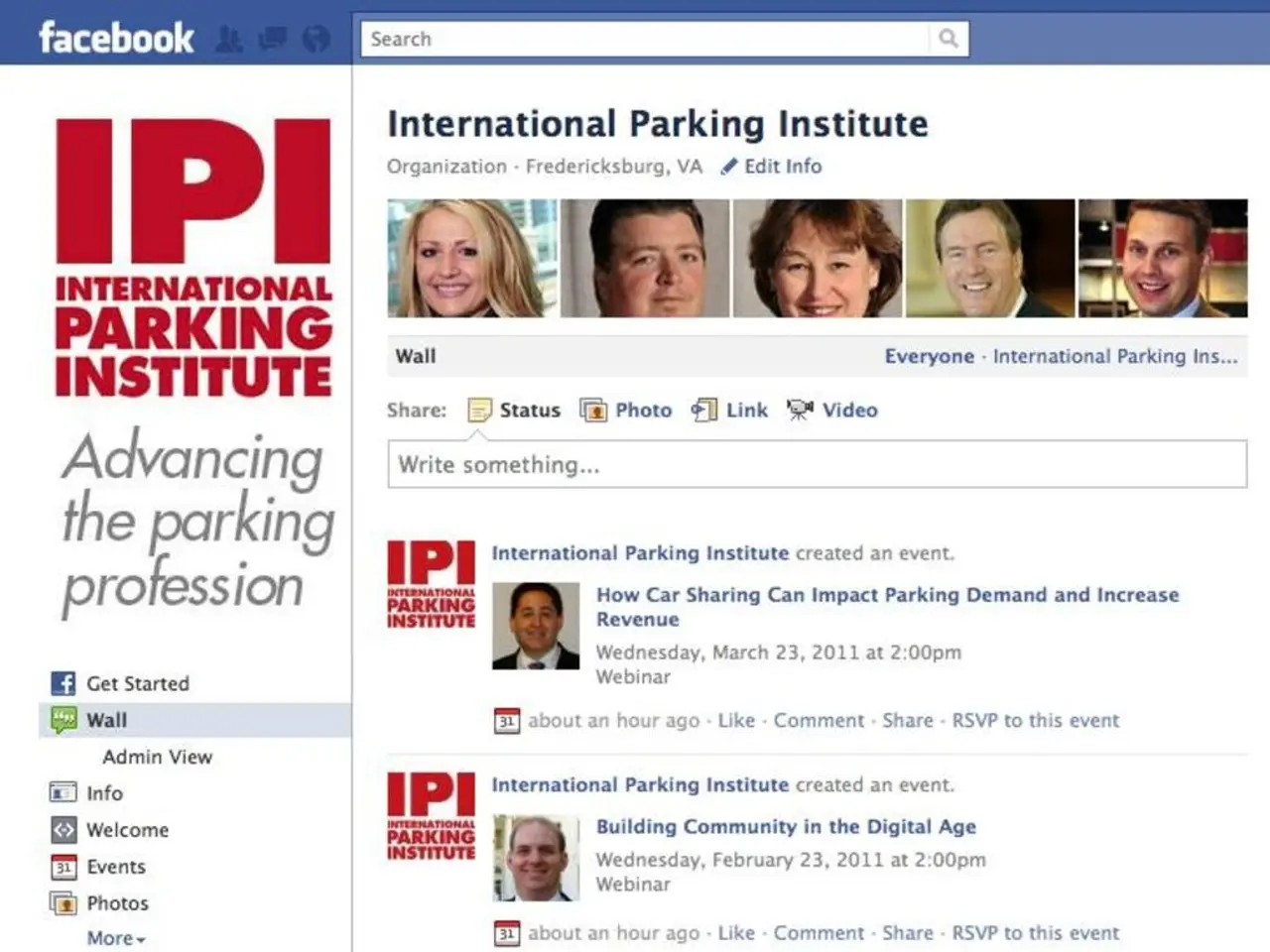Will Lebanon's already troubled economy endure another round of conflict?
Lebanon's Gradual Recovery: A Long Road Ahead
After years of economic decline, political instability, and societal turmoil, Lebanon is showing early signs of recovery in 2025. This progress is largely due to political stability under President Joseph Aoun, renewed efforts for economic reforms, and improvements in security and institutional cooperation.
Economic Growth and Stability
The Lebanese economy is projected to grow by approximately 5% in 2025, marking a significant turnaround from the previous downturn. Inflation is expected to decline dramatically to around 15.2%, a major improvement given the hyperinflation experienced in recent years. The Central Bank's foreign currency and gold reserves have increased, with foreign exchange reserves reaching about $11.2 billion and gold reserves valued at over $30 billion, representing one of the highest gold-to-GDP ratios globally. Customs revenues in 2025 have also performed exceptionally well, contributing substantially to public finances despite no increase in tariffs, indicating improved fiscal management.
Political and Institutional Developments
President Aoun's government has pledged reforms focusing on anti-corruption measures, electoral integrity, administrative decentralization, and enhanced security sector roles. However, political tensions persist, such as ministerial withdrawals linked to Hezbollah’s weapons issue, which threaten ministerial stability and economic progress. Maintaining stability and cooperation among political parties is crucial for sustaining the recovery momentum.
Challenges and Risks
Lebanon continues to face systemic challenges including widespread corruption, financial mismanagement, and long-standing sectarian divisions that complicate governance and reforms. The Lebanese Armed Forces are underfunded and overstretched, risking national security and sovereign stability; defense spending remains low relative to regional counterparts. A final agreement with the International Monetary Fund (IMF) and broader international aid are crucial for Lebanon’s full recovery and restructuring.
Social and Economic Context
The recent positive trends have fueled cautious optimism among Lebanese citizens and international observers about improved living standards and national unity. However, the past damage to infrastructure and urban areas from multiple crises still requires sustained reconstruction efforts backed by international support.
In summary, while Lebanon has made progress in its recovery, risks from political instability, security challenges, and deep-rooted structural issues persist. The country's path to comprehensive recovery and social cohesion remains fragile and dependent on sustained reforms and international support.
[1] Lebanese Central Bank website [2] World Bank report on Lebanon [3] International Monetary Fund (IMF) report on Lebanon [4] United Nations Development Programme (UNDP) report on Lebanon [5] International Institute for Strategic Studies (IISS) report on Lebanon's military expenditure
- Moving forward, strengthening bonds between political parties is vital to mitigate the risks of war-and-conflicts that could hinder Lebanon's long-term recovery and sustain the momentum of political stability.
- General news outlets often cover Lebanon's struggle to overcome political and economic challenges, including issues like instability, corruption, and relations with international lending institutions, which significantly impact the country's recovery progress and future prospects.






